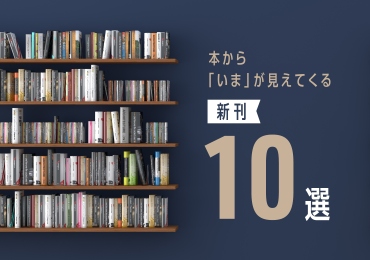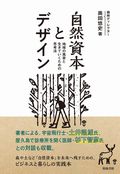六本木ヒルズライブラリー
Heated discussion of March 9
英語で語ろう友の会 2012年3月の定例会
更新日 : 2012年03月30日
(金)
2012年3月9日(金)19:00~21:00
Summary
We held a regular meeting on March 9 after an interval of two months. This time, an illustrator and a chief editor of a magazine joined our meeting. The total number of the participants was 10 including a chairperson.
About “Machikon” which has become a new trend in society.
First, we introduced each other by talking about what each one did in the past several weeks. Many of them were fluent speakers of English. The atmosphere of the chatting society was intellectual. Almost a year has passed since the outbreak of March 11 of Eastern Japan earthquake. So the chairperson asked the members about how they felt about the issue, because there are still many problems to be solved in the disastrous sites. Some Japanese still worry the aftereffects of the nuclear accident of Fukushima. They are pessimistic about the future of Japan. However, we can tide over the difficulties lying on our path, if we work together earnestly to restore our society. We have to remember that Japan could restore from a heap of rubble after the World WarⅡ.
As for a preliminary exercise, we talked about “Machikon” which has become a new trend in society. The word “Machikon” means that young men and women meet together for the first time at a restaurant or a bar designated by sponsors to make local shopping streets more animated. The economy of local regions has become unstable because of the recent economic depression all over Japan. The “Machikon” might be a breakthrough for the economic downturn of Japan. On the other hand, young Japanese, nowadays, don't have so many chances to meet the opposite sex in their daily lives. “Machikon” might be trump cards for a meeting of young men and women.
As for a preliminary exercise, we talked about “Machikon” which has become a new trend in society. The word “Machikon” means that young men and women meet together for the first time at a restaurant or a bar designated by sponsors to make local shopping streets more animated. The economy of local regions has become unstable because of the recent economic depression all over Japan. The “Machikon” might be a breakthrough for the economic downturn of Japan. On the other hand, young Japanese, nowadays, don't have so many chances to meet the opposite sex in their daily lives. “Machikon” might be trump cards for a meeting of young men and women.
English education in junior high schools.
Second, we discussed the issue of English education in junior high schools of Japan. An article says that about 43% of students don't want to have a job requiring English, though many of them felt English is important to study. Much has been discussed concerning teaching methodologies in the past. However, most English classes remain focused on Grammar and translation. The teachers of junior high schools have to give a second thought on the traditional teaching method of English to catch up with the global trend, because nowadays people have to communicate with each other in English as global citizens. The ministry of education has to change the way to ask questions from narrow multiple-choice exams to essay tests requiring a broader view to discuss global issues.
Mr.Kawamura's remark on Nanjing.
Third, we dealt with a controversial issue of Mr.Kawamura's remark on Nanjing. According to the article of The Japan Times of February 23, Kawamura said, “Friendly ties with the city of Nanjing will remain unchanged.” However, Aichi governor Omura is very concerned about Kawamura's remark. Kawamura should have retracted his comments to “cool the situation down as quickly as possible and maintain the friendly relationship with the city of Nanjing.” It is said that his comments come at a crucial time in bilateral relations as the two sides prepare to mark the 40th anniversary of the normalization of diplomatic ties this year. It has often been said that many Japanese youngsters don't know much about the history of today because they study Japanese history from ancient times up to early-modern times. They don't know what happened in WWⅡ from the global perspectives. We Japanese have seriously to consider the historical issue with a broader view.
Our chatting Society would like to keep on studying such a global issue to deepen our understanding about the history of today. I would like to appreciate what each participant has done a lot for the discussion. We would like to have a regular meeting again in April.
Our chatting Society would like to keep on studying such a global issue to deepen our understanding about the history of today. I would like to appreciate what each participant has done a lot for the discussion. We would like to have a regular meeting again in April.
注目の記事
-
01月26日 (月) 更新
本から「いま」が見えてくる新刊10選 ~2026年1月~
毎日出版されるたくさんの本を眺めていると、世の中の“いま”が見えてくる。新刊書籍の中から、今知っておきたいテーマを扱った10冊の本を紹介しま....
-
12月25日 (木) 更新
【重要】「アカデミーヒルズ」閉館のお知らせ
「アカデミーヒルズ」は、2024年6月30日をもって閉館させていただくこととなりました。これまでのご利用ありがとうございました。閉館までの間....
-
12月23日 (火) 更新
本から「いま」が見えてくる新刊10選 ~2025年12月~
毎日出版されるたくさんの本を眺めていると、世の中の“いま”が見えてくる。新刊書籍の中から、今知っておきたいテーマを扱った10冊の本を紹介しま....













